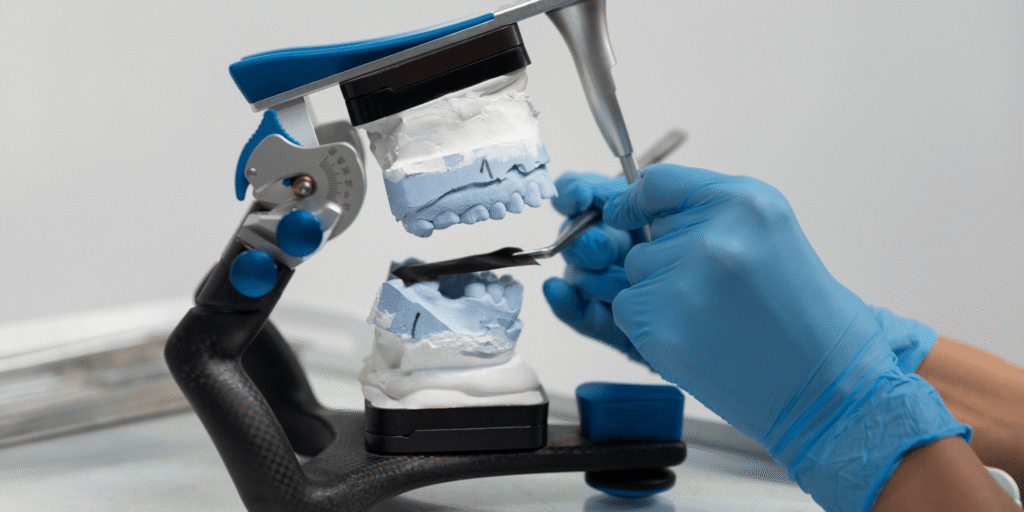What is Hypertensive Kidney Disease?
Hypertensive Kidney Disease is a medical condition that occurs when high blood pressure (hypertension) causes damage to the kidneys. Over time, elevated blood pressure can narrow and harden the blood vessels in the kidneys, reducing their ability to filter waste and excess fluids from the body effectively.
Causes and Risk Factors
-
Chronic high blood pressure
-
Poorly managed hypertension
-
Family history of kidney disease
-
Diabetes and other related health conditions
Symptoms
In early stages, there may be no noticeable symptoms. As the disease progresses, symptoms can include:
-
Swelling in hands and feet
-
Fatigue
-
Frequent urination, especially at night
-
Nausea or loss of appetite
-
High blood pressure that is difficult to control
Why It Matters
If left untreated, Hypertensive Kidney Disease can lead to chronic kidney disease (CKD) or even kidney failure, requiring dialysis or a kidney transplant.
Prevention & Management
-
Control blood pressure through lifestyle changes and medication
-
Maintain a healthy diet low in salt
-
Stay physically active
-
Regularly monitor kidney function and blood pressure
Early detection and effective management of blood pressure are key to preventing kidney damage. If you have high blood pressure, talk to your doctor about protecting your kidney health.



